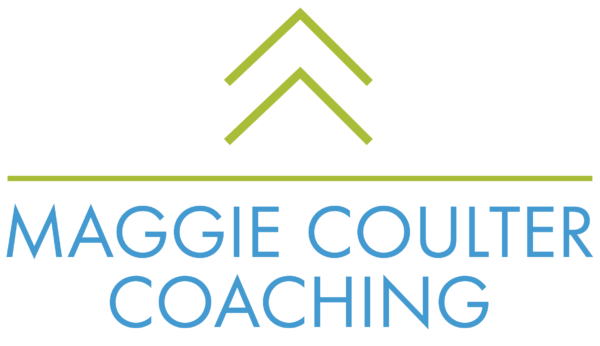The Courage to Lead
Everything I know about leadership started with square-dancing. I learned the quick-step and do-si-do while attending Bark Lake Leadership Centre at 16 years old, an organization that helps campers transition into camp counselors. While I’m sure the Centre imparted all sorts of other useful leadership lessons and tools, the memories that stand out most are the all-day solo outing in the pouring rain (joined briefly by an inch-long slug I discovered in my lunchbag), and of course, the joy of learning how to skip around a dance floor with an equally awkward partner.
Despite my early initiation and several leadership courses that followed, the term “leader” never meant much to me. I associated leaders mostly with people who managed big organizations or political parties and I wasn’t particularly inspired by anyone in either arena. Perhaps this was because women were largely not being recognized for their unique contributions or, having been the youngest and seemingly least influential in my family, I had little aspiration to lead in the traditional way (bigger, older person tells smaller, younger person what to do, and said younger person does it if they know what’s good for them – and if they don’t want their comic books taken away).
Nonetheless, I continued to develop leadership skills as so many of us do in natural response to the realities of life, including managing emotion and reducing impulsivity, choosing my battles, becoming more patient with long-term goals, and growing self-trust and confidence by daring to take on more responsibility at work and home. I wasn’t yet calling myself a leader as I took on each of these challenges; still, I was becoming a leader in life.
Eventually I stumbled across a personal development course called “The Courage to Lead,” based on the book of the same name by R. Brian Stanfield, and facilitated by the Canadian Institute of Cultural Affairs. The book’s motto is “Transform Self, Transform Society” and it’s all about the opportunities to understand yourself better in order to effectively engage with and influence the world around you. Well, knowing myself is what I do best (through mindfulness, self-reflection and coaching/counselling) and I was hooked on this philosophy and approach immediately. I attended the 8-week course and then signed on to co-facilitate it for the next couple of years.
The course opened my mind to the idea that we can all be leaders in our own way, and the effort of developing our individual leadership skills can provide purpose and meaning in life. It inspired me to finally see myself as a leader and be curious about the kinds of changes I can create in my sphere of influence. I’ve attended additional leadership training since, and just recently, I committed to a personal project to develop my leadership skills creatively and with intention for the year ahead. I’m so excited about it I could skip around a dance floor just like the old days.
How do I start my own leadership journey?
Becoming serious about developing yourself as leader is an opportunity to improve the dynamics of every aspect of your life, especially the relationship with yourself as well as with your spouse/family/friends, your clients and business partners, and the communities in which you operate. As these relationships strengthen, so does your ability to have an influential voice within them.
One way to begin is to identify:
- Your existing leadership strengths: what do you have going for you already that you can build on?
- How you want to be as leader (and what effects will you create) when you are fully optimized and supported?
- What is getting in your way at the moment (which habits/behaviours undermine your capacity to be leader in certain situations)?
The awareness you create through this exercise will stimulate thinking around the beliefs you have about yourself as leader, the choices you are currently making and those you could make to have greater impact. As you work with intention to continue identifying your leadership strengths, desires and obstacles, you’ll notice people responding better to your mutual concerns and objectives and you’ll gain a sense of peace from seeing life through the perspective of a bigger and bigger picture.
Your own leadership journey holds the promise of a deep source of satisfaction over the course of your life; one that creates meaning, influence and a feeling of true belonging in society. As the book and course asks, do you have the courage to lead?
